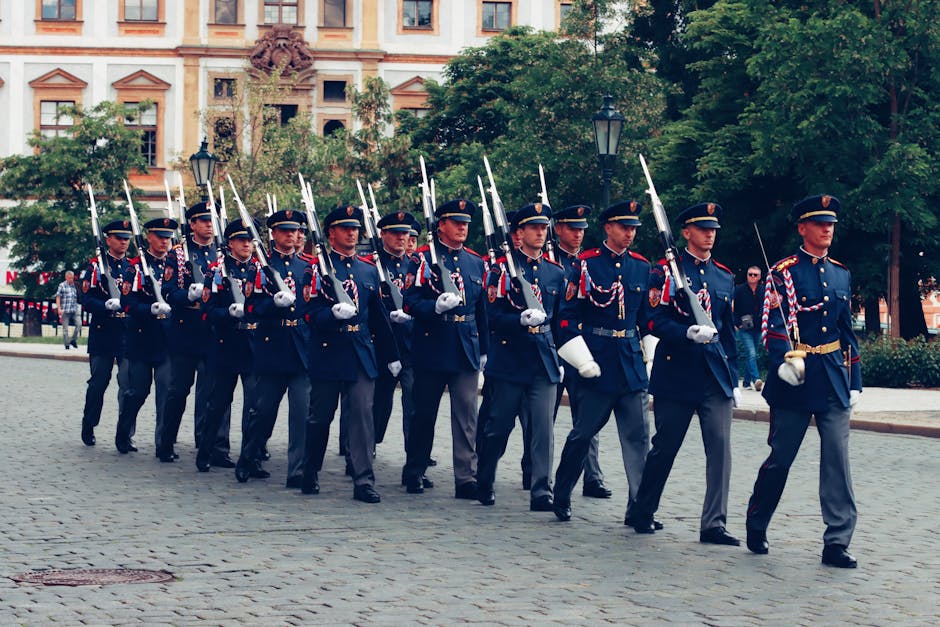Background and Announcement
On Friday, September 5, 2025, President Donald Trump announced that he will deploy the National Guard to New Orleans as part of his effort to combat crime in various U.S. cities. This move comes after similar deployments in other cities, including Los Angeles, where the use of the National Guard was ruled illegal by a federal court.
Context of the Deployment
The President's decision to send troops to New Orleans follows a series of statements in which he floated the idea of deploying the National Guard to several Democratic-led cities, including Chicago and New York City. During a renovated Rose Garden event on Friday night, Trump emphasized the severity of the crime situation in these cities, stating that some areas are as unsafe as or even more unsafe than conflict zones like Afghanistan.
Reaction from Cities
The announcement has been met with mixed reactions from city officials and residents. In Chicago, which has also been mentioned as a potential target for National Guard deployment, city officials and community organizers are preparing to push back against the move. Chicago's mayor, Brandon Johnson, and Illinois Governor JB Pritzker have been urged by Trump to personally call him to request assistance, but their responses have been cautious.
Details of the Deployment
The exact details of the deployment, including the number of troops and the specific roles they will play, have not been disclosed. However, the President has emphasized that the goal is to significantly reduce crime rates in the targeted cities. New Orleans, like Chicago, has experienced high crime rates, and local authorities have been seeking additional support to address the issue.
Implications and Controversies
The deployment of the National Guard to New Orleans and potentially other cities has raised questions about federal involvement in local law enforcement and the potential for militarization of police activities. Critics argue that such deployments could exacerbate tensions between law enforcement and communities, while supporters claim that they are necessary to restore order and safety.
Expert Insights
Next Steps
As the deployment to New Orleans approaches, city residents and officials are bracing for the potential impact. The situation in Chicago and other mentioned cities remains fluid, with ongoing debates about the role of federal troops in local law enforcement.
Conclusion
The announcement of the National Guard deployment to New Orleans marks a significant development in the ongoing discussion about crime and public safety in U.S. cities. As more details emerge, it will be crucial to monitor the situation closely and assess the effectiveness and implications of this approach.
Additional Context
The President's strategy involves deploying the National Guard to cities with high crime rates, with the goal of reducing violence and improving public safety. This approach has been tested in Los Angeles, where the deployment was later deemed illegal by a federal court.
Historical Context
Previous deployments of the National Guard in U.S. cities have been controversial, with concerns about the militarization of police and the potential for excessive force.
Future Developments
The situation in New Orleans and other cities will continue to evolve as the deployment of the National Guard approaches. It remains to be seen how effective this approach will be in reducing crime rates and improving public safety.
